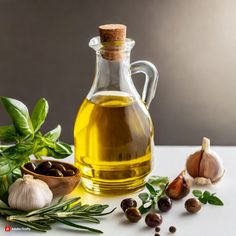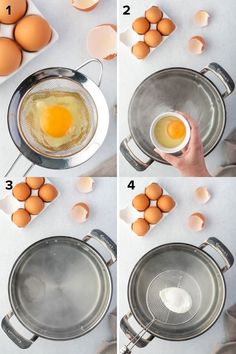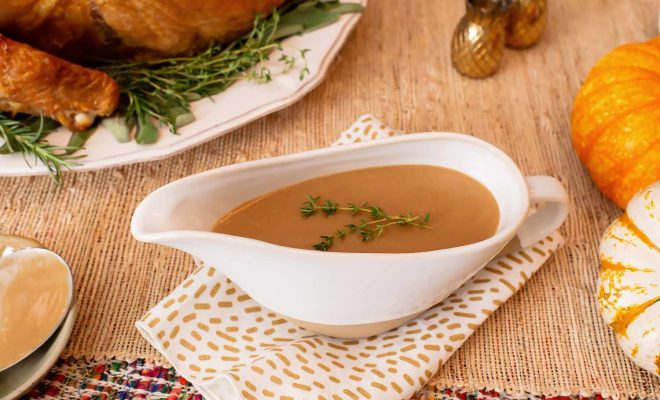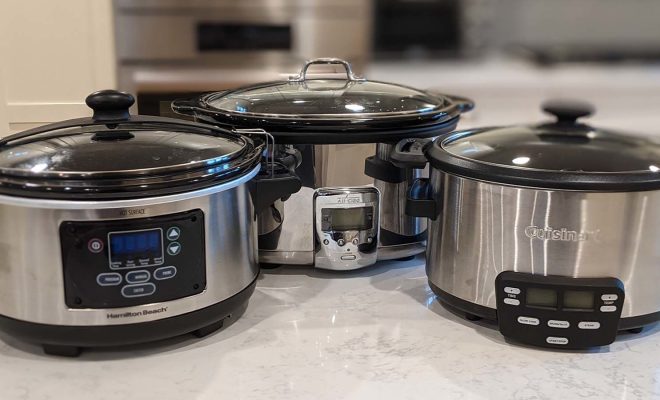14 Best Vegetable Oil Substitutes

When it comes to cooking, baking, and preparing dressings or marinades, vegetable oil is a common ingredient found in kitchens worldwide. However, with an increasing interest in health and dietary restrictions, many people are searching for alternatives. Whether you’re looking to reduce fats in your diet, avoid allergens, or simply ran out of vegetable oil, here are 14 terrific substitutes to consider.
1.Olive Oil: A heart-healthy option that adds a touch of Mediterranean flair to dishes.
2.Coconut Oil: Ideal for baking and sautéing, coconut oil imparts a mild sweetness.
3.Butter: A classic choice that provides rich flavor and is great for baking.
4.Avocado Oil: With a high smoke point, avocado oil is perfect for high-heat cooking.
5.Canola Oil: A neutral-tasting substitute that works well in a variety of recipes.
6.Sesame Oil: Adds an Asian twist with its distinctive nutty flavor.
7.Grapeseed Oil: A versatile oil with a high smoke point and light taste.
8.Sunflower Oil: Another neutral oil that’s suitable for frying and cooking at high temperatures.
9.Applesauce: For baking, applesauce can replace oil to reduce fat content while keeping moisture.
10.Greek Yogurt: Use it in baking to add protein and tanginess while cutting down on fat.
11.Mashed Bananas: Offer natural sweetness and moisture in baked goods as an oil substitute.
12.Pumpkin Puree: Great for autumnal recipes, adding moistness and flavor without the fat of oil.
13.Nut Butters: An excellent source of healthy fats and proteins while baking or making smoothies.
14.Beef Tallow or Lard: For those not following plant-based diets, these animal fats bring richness to dishes.
Each of these substitutes comes with its own set of benefits and unique tastes that can enhance your recipes in different ways. It’s important to consider the smoke point and flavor profile when selecting the best alternative for your culinary needs.
Remember that not every substitute will work perfectly in every recipe; sometimes it might take a bit of experimentation to achieve the desired outcome. This is especially true when it comes to baking, where precise measurements matter more than they do in cooking.
By integrating these substitutes into your cooking repertoire, you can diversify your diet, cater to specific nutritional needs, and discover new flavors that could elevate your home-cooked meals to the next level!






